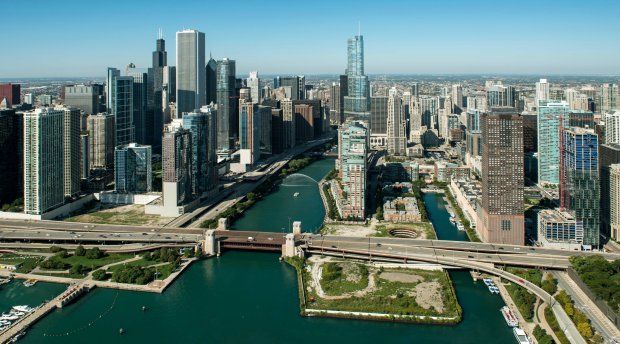China’s Inflation Eases into a 5-Month Low
Post Views 0As China’s inflation cooled to the slowest it has been in fives months as the gains in food costs moderated, thus giving the policy makers more room to support the economic growth as Europe’s debt crisis threatens exports.
In October, the consumer prices rose 5.5 percent from a year earlier, said the statistics bureau today. That matched the median forecast in one of Bloomberg’s survey, and compared with a 6.1 percent gain in the month of September. The producer prices rose 5 percent in the last month, less than any of the 24 analysts’ forecasts.
Moderating inflation may enable Premier Wen Jiabao to loosen the fiscal and the monetary policies, as companies complain of a hard credit squeeze, the property market cools and a very likely recession in the euro area threatens to exports. The Xinhua news agency reported last night that Wen said consumer prices have shown an ”obvious decrease” since October, also citing comments to students in Russia.
”The combination of easing inflationary pressures, a protracted euro debt crisis and a potential property market slump has set the scene for an imminent policy easing,” says Liu Li-Gang, who is a Hong Kong-based economist with Australia &New Zealand Banking Group Ltd. ”The time is right for authorities to take out an insurance policy by first lowering banks’ reserve requirements to hedge against an increasingly uncertain external environment.”
After the report, stocks in China extended gains. At 9:49 a.m. local time, the benchmark Shanghai Composite Index was 0.7 percent higher at 2,520.08. China’s one-year interest-rate swaps rate declined 1.25 basis points to 3.1575 percent.
The increase in the producer prices, also the smallest gain in a year, is compared with the 5.8 percent median estimate in a Bloomberg survey of economists and a 6.5 percent gain in the month of September.
The statistics bureau said that food costs rose 11.9 percent last from a year earlier, slowing from a 13.4 percent increase in September and August. Grain prices also rose 11.6 percent. The bureau has also said that food prices accounted for 3.62 percentage points of the overall increase in consumer prices.
The price of pork, which is a huge Chinese staple, climbed 38.9 percent in October from a year earlier after a 43.5 percent jump the previous month. According to the statement, the increase accounted for 1.12 percentage points of the overall gain in prices.
According to the government data, after reaching 3 percent in July, the highest level in at least six years, non-food inflation eased for a second month to 2.7 percent.
From October of 2010 to July, the People’s Bank of China raised interest rates fives times and boosted banks’ reserve requirements nine times to a record 21.5 percent for the biggest lenders to rein in a credit boom that fueled consumer and property prices.
After a two-year government campaign to curb speculation and limit purchases, the cost of housing in China has started to decline. Poly Real Estate Group Co., which is actually China’s second-largest developer by market value, said Nov. 7 its contracted sales fell 39 percent from a year earlier last month. In the next year, Barclays Capital estimates that home prices may decrease by 10 percent to 30 percent.




 2006-2015 Median Weekly Earnings of Full-Time Workers in the United States
2006-2015 Median Weekly Earnings of Full-Time Workers in the United States  November Posts Another Strong Job Report
November Posts Another Strong Job Report  Top Canadian Companies You Want to Work For
Top Canadian Companies You Want to Work For  Chicago’s Top Tech Companies
Chicago’s Top Tech Companies  Expected Changes in 2016 to the Workplace
Expected Changes in 2016 to the Workplace